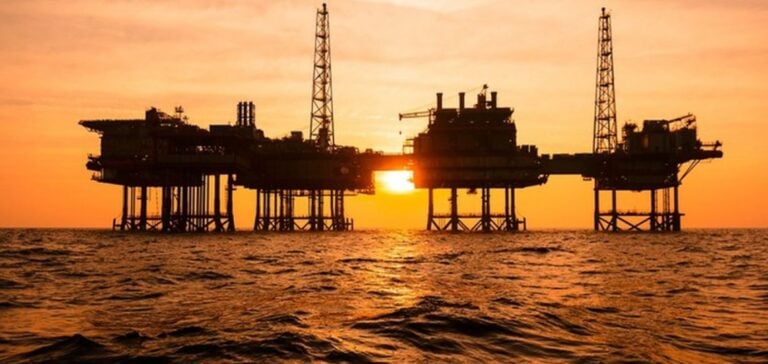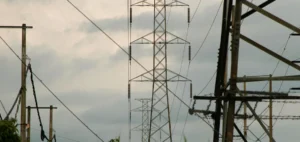Galp Energia, a key company in the Portuguese energy sector, has decided to sell its 10% stake in the consortium exploring zone 4 of the Rovuma basin in northern Mozambique. The sale, announced by the Portuguese Securities Market Commission (CMVM), is expected to be finalized this year, subject to the necessary regulatory approvals. This strategic decision is part of Galp’s drive to refocus its investments on other geographical regions, notably Brazil and Namibia. In April, the company announced the discovery of a significant deposit at Mopane, off the coast of Namibia, estimated at 10 billion barrels of oil.
A Change of Course for Galp
The decision to sell this stake in Mozambique marks a turning point in Galp’s strategy. By focusing on high-potential areas such as Brazil and Namibia, Galp hopes to optimize its resources and maximize returns on investment. This strategy of geographic reorientation enables the company to strengthen its position in promising, less saturated markets.
Financial Performance and Outlook
Last year, Galp Energia posted a record profit of one billion euros, reflecting efficient management and strong operating performance. The group, 35.8% owned by Amorim Energia and 8% by the public holding company Parpublica, has also seen its share price rise. By mid-morning, Galp shares were trading at 20.17 euros, up 1.26%.
Rovuma Basin Consortium
The Rovuma Basin is one of the world’s most promising natural gas exploration sites. The consortium operating in this area includes several of the world’s leading energy companies, and the entry of Adnoc, one of the Middle East’s largest oil companies, reinforces the momentum and prospects of this project. The deal also illustrates the growing interest of Gulf companies in African energy resources. The sale of Galp’s stake in the Rovuma basin to Adnoc is a significant strategic move, enabling Galp to realign its geographical priorities while strengthening its financial position. This decision is part of a long-term vision of diversification and growth, with a particular focus on high-potential markets such as Namibia and Brazil.






















